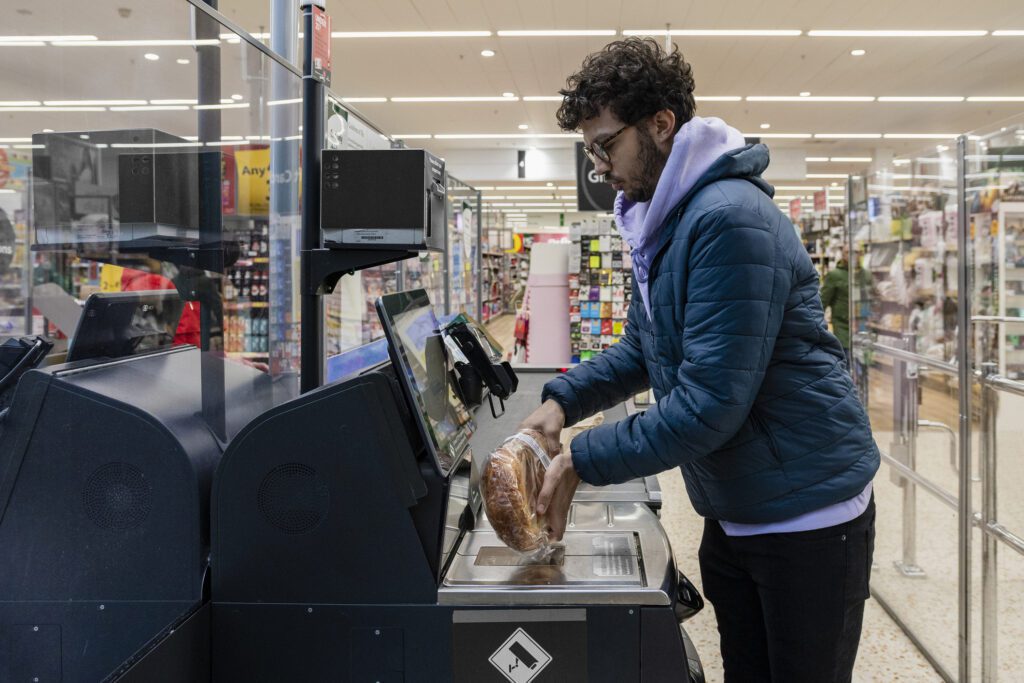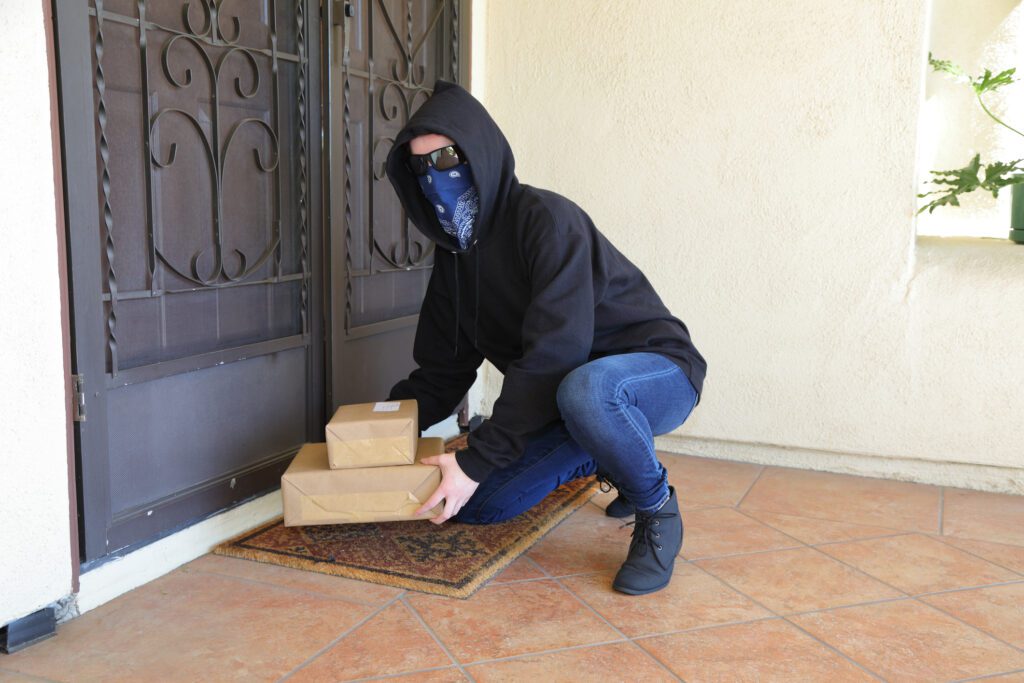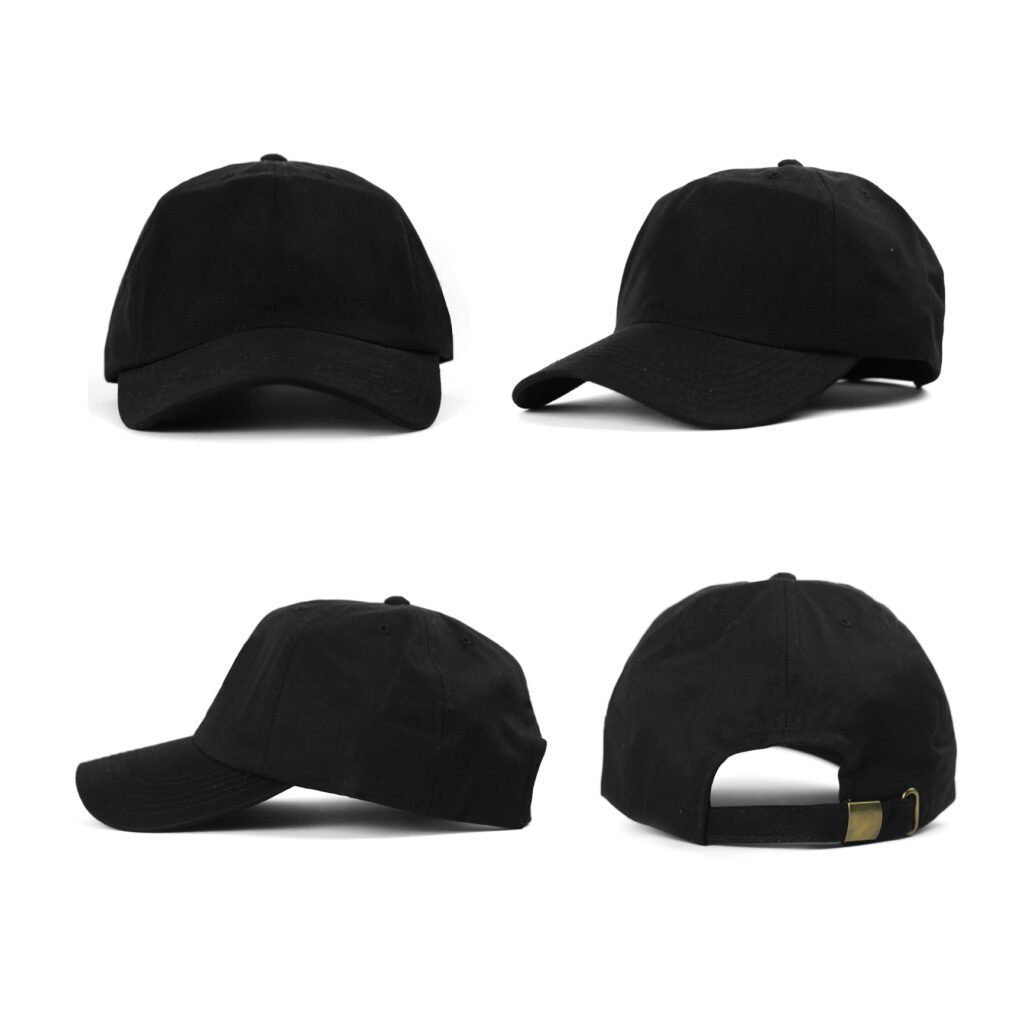Pop Warner is Facing Class Action Lawsuit
Written by wdkxwp on September 2, 2016
(NY Times) A class-action lawsuit has been filed against Pop Warner, the nation’s largest youth football league, claiming that the organization knowingly put players in danger by ignoring the risks of head trauma. The suit is the biggest sign yet that youth football programs are the next front in the legal battle over concussions.
Unlike other cases that have centered only on football leagues, the complaint also accuses USA Football, the youth football arm of the N.F.L., and the group that creates football helmet safety standards, of failing to protect young players from the dangers of brain trauma and the long-term consequences of repeated head hits, and ignoring medical research that underscores the dangers of playing football.
Taken together, the class-action complaint, which was filed in federal court in California by the mothers of two deceased former football players, is the broadest challenge yet to youth football. It comes as the N.F.L. continues to rack up huge legal bills to combat similar claims. The N.C.A.A. and colleges have been swept into the legal maelstrom as well.
The complaint against Pop Warner could spell trouble for smaller leagues that may come under increasing legal scrutiny. These leagues would have to pay more to defend themselves against lawsuits at the same time some of them are having to pay higher insurance premiums. Under scrutiny from wary parents, youth football leagues are introducing more training of coaches and players, another cost.
Pop Warner, which has seen a decline in participation in recent years, has already had to fend off a variety of lawsuits brought by the families of players who were significantly injured or died.
In March, Pop Warner settled a lawsuit with a family whose son played in the league and later committed suicide and was found to have a degenerative brain disease linked to repeated hits to the head. In January, Pop Warner settled a separate case in California brought by the mother of Donnovan Hill, a player in Los Angeles who was paralyzed.
The latest case against Pop Warner was brought by Kimberly Archie and Jo Cornell, whose sons played football as youngsters and were found after they died to have chronic traumatic encephalopathy, a neurological condition linked to repeated head hits.
They are represented by Thomas Girardi and Robert Finnerty, who represent some of the former N.F.L. players who sued the league for knowingly hiding from them the dangers of repeated hits to the head. The N.F.L. has agreed to pay hundreds of millions of dollars to settle that case.
The case filed Thursday accuses Pop Warner of failing to monitor games, practices, rules, equipment and medical care “to minimize the long-term risks associated with brain injuries including repetitive sub-concussive hits”; failing to accurately diagnose brain injuries; and failing to approve the best equipment available. Pop Warner and the other defendants “acted with callous indifference” and players who participated in Pop Warner dating back nearly two decades are entitled to an unspecified amount of damages, according to the complaint.
Jon Butler, the executive director of Pop Warner, said his organization had not seen the complaint.
The complaint has also taken aim at USA Football for promoting safety programs that are of questionable value and for issuing flawed research to back up its claims that the programs are effective in reducing the risk of concussions. In particular, USA Football, which has received tens of millions of dollars in funding from the N.F.L., has misrepresented the benefits of its Heads Up Football program that trains coaches on how to teach so-called safe tackling techniques.
An investigation by The New York Times found that USA Football relied on flawed research to bolster its claims that Heads Up Football helped reduce the risk of concussions.
Steve Alic, a spokesman for USA Football, did not immediately respond to a request for comment.
The suit also accuses the National Operating Committee on Standards Athletic Equipment, or Nocsae, of certifying helmets that were not designed to properly protect younger players, and overstated their safety benefits. According to the complaint, Nocsae has no youth-specific helmet safety standard, yet falsely maintained that helmets used by players in Pop Warner were safe.
Mike Oliver, the executive director of Nocsae, said that he had not seen the complaint but that his organization had never stated that any helmet was safe. All helmets approved by his group include permanent warning labels that alert players that “no helmet can prevent all head or any neck injuries a player might receive while participating in football.”
Read more.




 WDKX Holiday Stream
WDKX Holiday Stream